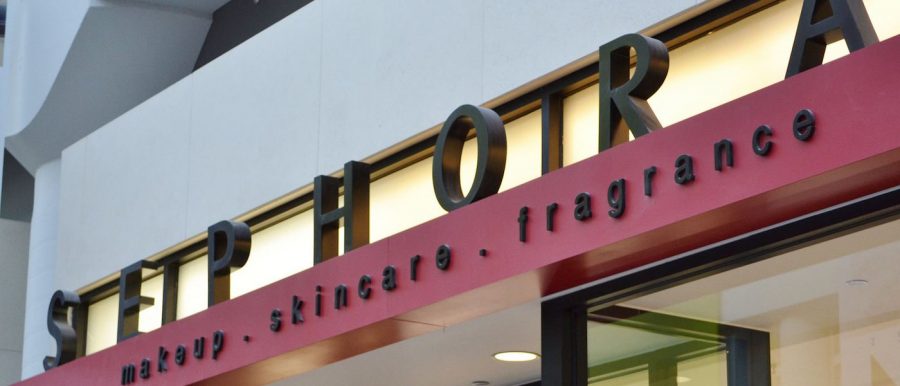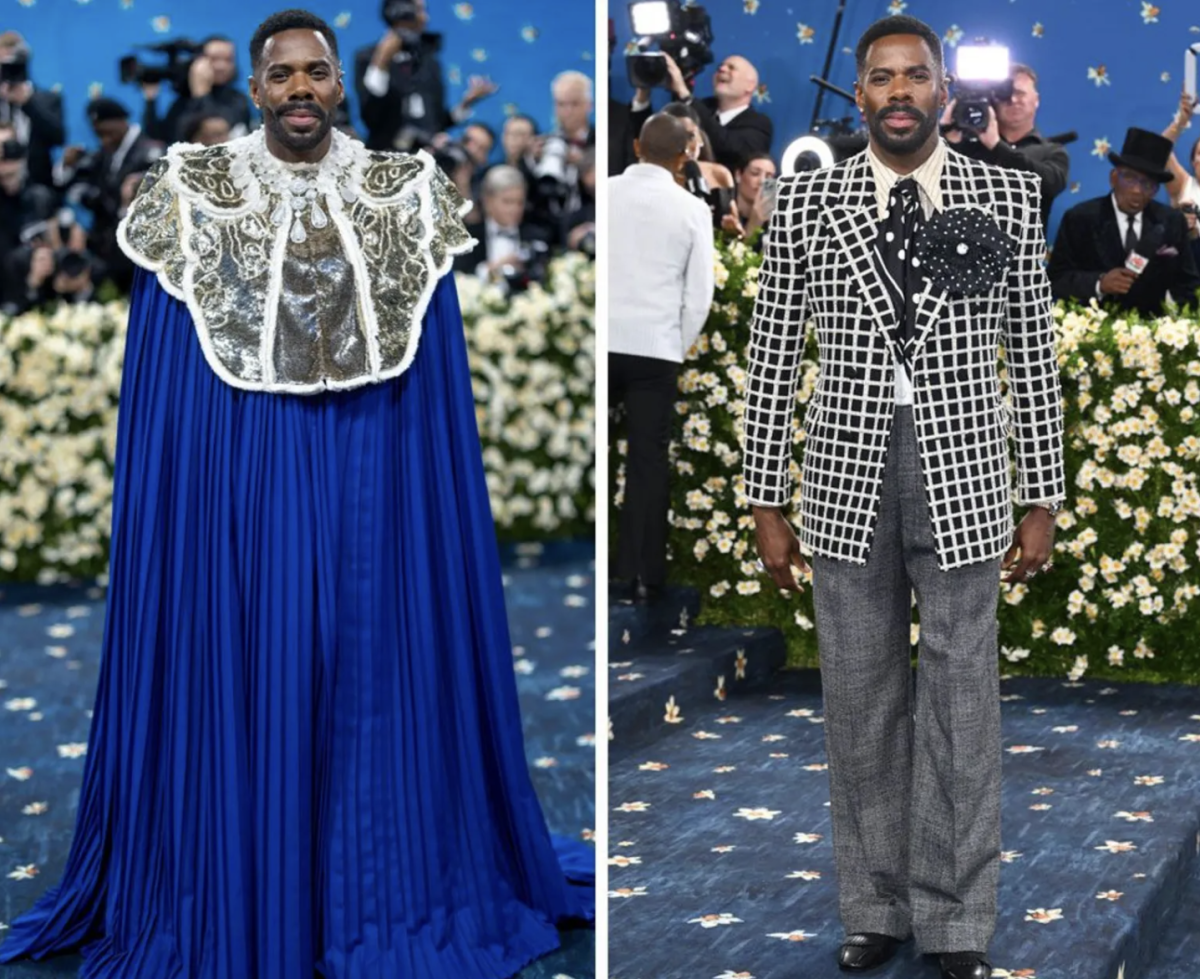In September of 2015, beauty retail Sephora decided to team up with Paris-based black|Up, an upscale beauty brand catered toward women of color. Founded by Audrey N’Gadi, Black|Up’s goal is to “answer to the specific needs of darker skin tones.”
Although the company was originally founded in 1999, this is the first time that its products are being sold in select American Sephora stores across the country. Prior to its partnership with Sephora, black|Up sold its products in the United States via an online store.
Upper School librarian and Student Diversity Board sponsor Katy Lake views the partnership between the two companies as beneficial.
“It’s unfortunate that it took until 2016 for this to happen, but the new line seems like a great addition to Sephora,” Lake said. “Everyone should have products that work for them, no matter what their skin color, and I’m pleased that Sephora has acknowledged that women of color want to have the opportunity to purchase makeup that works for them just as everyone does.”
According to President of the Black Student Union and senior Brianna Buford, this agreement will positively impact women of color by raising awareness about misrepresentation.
“Since a company as big as Sephora is adopting this, I think that’s very important because so many people shop at Sephora and that’ll make people even more aware that this is actually an issue that women of color face everyday,” Buford said. “Just simple things like makeup can really bother people, so I think it just makes people more aware of the issue.”
Senior Evan Miller, who models for Page Parkes Management, is personally affected by the lack of cosmetics available to women of color. Miller described this as “a little frustrating” because she often must apply her own foundation rather than allowing a makeup artist to assist her before participating in a runway show.
“They can never seem to match my skin tone correctly unless it’s a black makeup artist,” Miller said. “That’s definitely an issue because everyone else will have their makeup looking all together, and I’m in the bathroom trying to fix mine because I don’t look right; I don’t look like everyone else does.”
With this new partnership between the two companies, however, Miller hopes that new makeup options for women of color will allow makeup artists to improve their skills, especially in regards to darker skin toned women.
Black|Up products range from makeup for the complexion, eyes and lips, as well as nail and skin care products. The company also sells brushes for application.
Currently, makeup in drugstores such as CVS and Walgreens do not include shades for women with darker skin, making it difficult to find certain products.
“With trends right now, like contouring, you have to have makeup that’s darker than your skin tone in order to contour your cheekbones, so if there’s not even makeup for your actual skin tone then it’s hard to be a part of trends like that,” Buford said.
This can result in further separation between varying races and ethnicities, according to Lake.
“ I am not a person of color, but I imagine that it would make me upset if I wanted to purchase makeup and had a hard time finding something that exactly matched my skin,” Lake said. “It sends a negative message about who is valued in our society.”
Miller attributes the lack of products geared toward women of color to a long-standing issue within industries such as cosmetics, fashion and modeling regarding the definition of beauty.
“I think that people of color in general are still not seen as conventionally beautiful. I think that by putting this makeup on the market, where it’s going to be easily accessible to everyone, people are going to see this and realize that this is the norm,” she said. “It’s going to adapt people’s perception of what beauty is and what it can be.”
Sephora’s decision to adapt black|Up and introduce it to more people can also influence the self-esteem of women of color.
“I’m always having to blend and make my own shade, so I think it will have a big boost on self confidence because I know a lot of people who don’t even bother trying to make themselves up because they know it’s going to be so hard to match it and make it look right,” Miller said.
Buford also said that this line will help individuals “not only get better at makeup but feel better about wearing makeup.” This new partnership can help recreate society’s definitions outside of the makeup industry, according to Buford.
“People are redefining what they think of when they hear the word nude because not everyone’s nude is the same in terms of not just makeup, but clothes and shoes too,” she said. “I think it changes the idea that white is the default, which it’s clearly not.”
While many companies do sell makeup of varying shades, much can still be done to improve the status of makeup and fashion for women of color.
“I hope this is a step toward more inclusiveness in the fashion and makeup industry and recognition that people of all skin colors are beautiful and deserve to have products available that meet their needs,” Lake said. “While it is a small step, it will take a bunch of small steps like this toward the goal of embracing all people in order to change our society for the better.”








